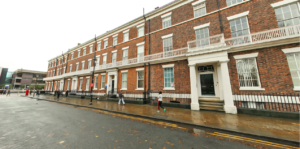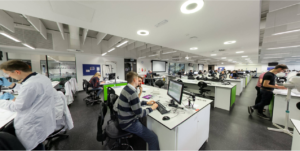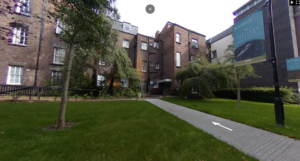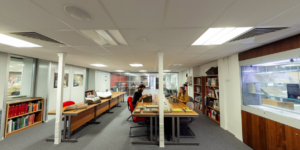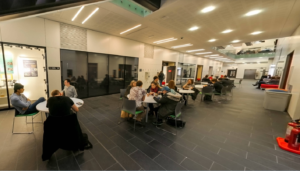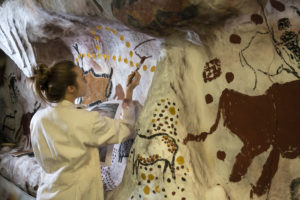How you'll learn
The programme involves a combination of seminars, one-to-one tutorials, skills development sessions and independent study.
The course structure enables a student-centred approach with focused supervision and support.
How you're assessed
You’ll be assessed through written work assigned by your tutors. There’ll be opportunities to co-design some of these assessments so they’re tailored to your intended research.
Assessments might include written essays, presentations and skills development exercises, such as bibliographies and scientific reports.
The main piece of assessed work will be your dissertation.
Liverpool Hallmarks
We have a distinctive approach to education, the Liverpool Curriculum Framework, which focuses on research-connected teaching, active learning, and authentic assessment to ensure our students graduate as digitally fluent and confident global citizens.
The Liverpool Curriculum framework sets out our distinctive approach to education. Our teaching staff support our students to develop academic knowledge, skills, and understanding alongside our graduate attributes:
- Digital fluency
- Confidence
- Global citizenship
Our curriculum is characterised by the three Liverpool Hallmarks:
- Research-connected teaching
- Active learning
- Authentic assessment
All this is underpinned by our core value of inclusivity and commitment to providing a curriculum that is accessible to all students.
